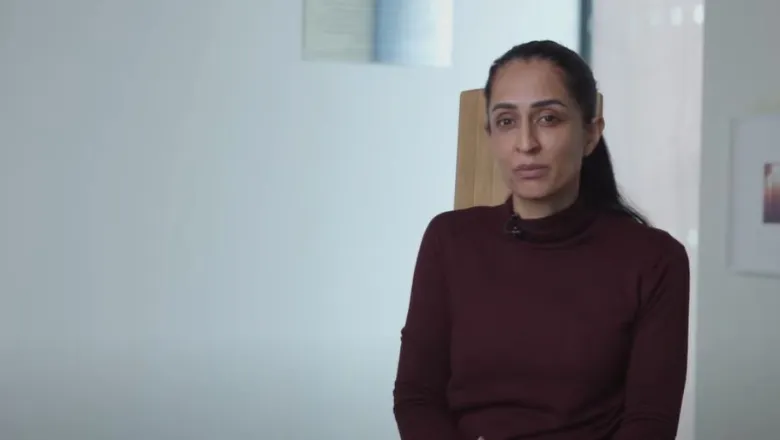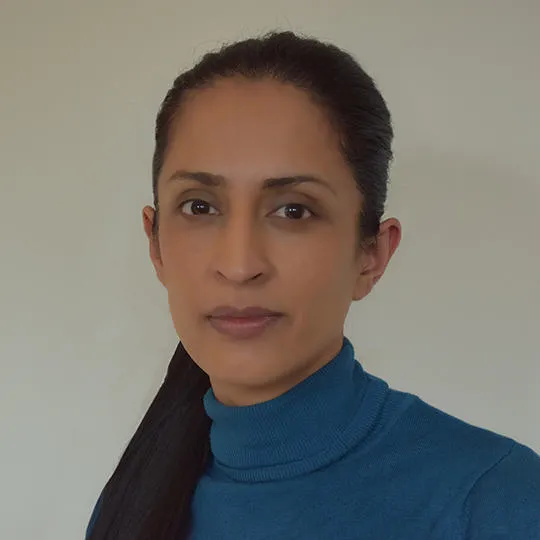22 June 2023
New educational film addressing racial inequality in healthcare delivery
Academics & researchers at King's release new educational film on addressing racial inequality in healthcare delivery

Research has shown that UK-wide policies may have disproportionately impacted people from ethnically diverse groups at the end of life during COVID-19. In addition, healthcare providers have been found to lack understanding of the difference between equal and equitable care, which can lead to distress and inequality in outcomes.
To address this gap in understanding and to improve care delivered to those at the end of life, Dr Sabrina Bajwah and team from the Cicely Saunders Institute in the Faculty of Nursing, Midwifery & Palliative Care at King's have developed an educational film for everyone working in palliative and end of life care.
The film, funded by the Medical Research Foundation, has been co-developed with a focus group of ethnically diverse patients and health professionals. The film harnesses patient, bereaved relatives’ and health professionals’ voice and experiences to improve understanding of:
- The unique needs of those from ethnically diverse groups
- Why it is important to address these needs
- The difference between equality and equity
- What we can do to deliver equitable care
Dr Sabrina Bajwah, Clinical Senior Lecturer and project lead said:
"We have known for a long time that people from ethnically diverse groups are less likely to have a good death. This work provides timely guidance on how we can narrow the gap between those that receive the ‘best and most’ and ‘least and worst’ at the end of life. The film is hard hitting, but sensitive.
"Whilst the research and film focus on ethnically diverse groups, our recommendations to reduce health inequalities are relevant for all underserved groups across all healthcare specialities and settings."
Toby Porter, Chief Executive of Hospice UK said:
"Sabrina Bajwah’s film is so important, and beautifully made. It should be compulsory viewing for everyone currently working or thinking about working in palliative care. The film’s call for a palliative care system that treat actual and potential patients equitably rather than equally is both clearly explained and compelling. We have to see what is currently broken in order to grow.
"On a personal level, I learned so much from the film. I was also really pleased to recognise in the film some of the hospice colleagues that I know are thinking and working hardest at making access to hospice care more equitable, and more reflective of the diversity in the individuals and communities that we serve."
The full film is available here
The film is also available with assessment questions on NHS England’s End-of-life Care for All (e-ELCA) programme e-learning library.

